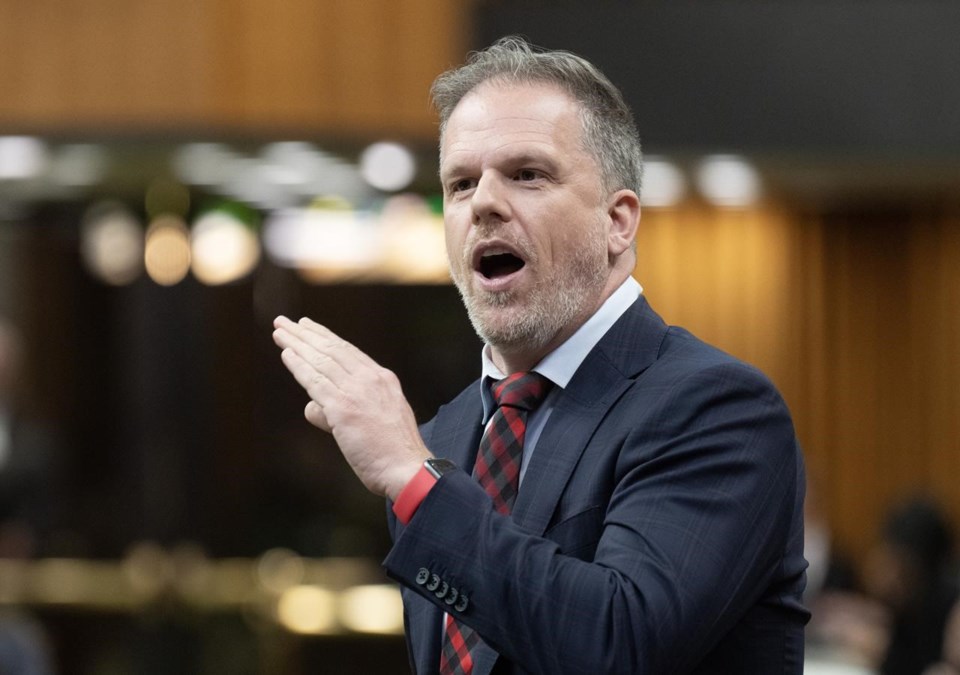OTTAWA — Health Minister Mark Holland announced tweaks to Ottawa's new dental-care plan Wednesday in a bid to get more dentists, hygienists and oral-health care providers to participate.
Dental and hygienists' associations say their members have been slow to sign up to provide care under the new federal program, even though 1.7 million seniors have already enrolled.
They cite concerns about how much the government plans to reimburse them for services and the administrative burden the program will put on their staff.
The Liberals say 5,000 dental-care providers — including dentists, hygienists and denturists — have enrolled so far.
After further consultation, the government will allow providers to direct bill for services on a claim-by-claim basis without signing on to the program, starting in July, Holland said.
"I think it's going to vastly vastly expand the number of people participating."
The $13-billion dental program is a key element of the deal the Liberals struck with the NDP two years ago to prevent an early election, and is expected to offer dental coverage to as many as 9 million low- and medium-income families by the time it is fully implemented in 2025.
Lagging dentist enrollments have inspired new opposition attacks from the Conservatives, who up until this point have been mum on the dental program.
"Their dental-care debacle is failing Canadians," Conservative health critic Stephen Ellis charged during an exchange in question period Tuesday.
He alleged there were only eight dentists enrolled in the program in New Brunswick, Prince Edward Island and Nova Scotia, out of 1,170.
Holland said the latest change will mean dentists won't need need to be registered in order for the program to succeed.
This report by The Canadian Press was first published April 17, 2024.
Laura Osman, The Canadian Press
Note to readers: This is a corrected story. A previous version said health critic Stephen Ellis alleged there were only eight dentists enrolled in the program in New Brunswick, Prince Edward Island and Newfoundland, out of 1,170. In fact, he said there were only eight in New Brunswick, Prince Edward Island and Nova Scotia.




